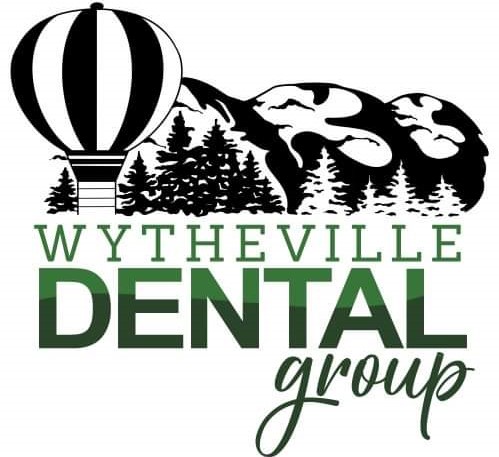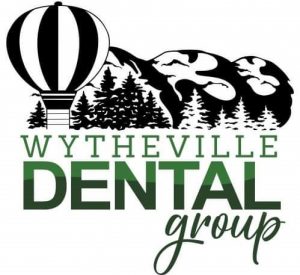Extractions with Wytheville Dental Group
Getting tooth extractions can be a scary prospect. However, it is often necessary for your oral health. Extra or damaged teeth are known to cause crowding in the mouth as well as a number of other issues. Luckily, a simple dental exam can determine whether they need to be removed.
How to tell if you need your tooth extracted:
The first obvious sign that you need to have your tooth extracted is when you start to feel pain from them. However, there are a number of issues to keep an eye out for. These include:
- Pain or sensitivity at the back of your mouth
- Gum inflammation
- The development of cysts in your mouth
- Jaw pain or stiffness
- Sinus problems
What happens if harmful teeth are not extracted:
- Crowding – Crowding of the teeth would mean permanent damage to your gums, adjacent teeth, and your jaw bone. This most commonly happens when wisdom teeth don’t have sufficient space to emerge. As a result, they push on your other teeth and force their way.
- Damage to neighboring teeth – Tying in with the above having a damaged tooth, can mean the adjacent teeth will experience strain. This ultimately causes gum disease, the loss of bone around the tooth, and decay.
- Infection – The most common and recurrent issue is the appearance of a localized gum infection known as pericoronitis. The gum tissue that surrounds the struggling tooth experiences irritation and then becomes infected. This results in severe pain and swelling which also affects your ability to chew or swallow food.
- Cysts – Cyst formation refers to the presence of fluid-filled bulges in the jaw bone that expand. They then destroy the bone and surrounding teeth.
- Tumors – Much rarer, but still possible, is the chance of tumors forming due to delaying the extraction.
What to expect during surgery:
To ensure your comfort during the surgery, you will be provided with a few anesthesia options. You will need to avoid eating or drinking anything for at least six hours prior to surgery. Having anything in your stomach during the surgery leave room for complications regarding anesthetics. If you want sedation, this will be done via an IV put in your left arm. The procedure itself is a simple extraction process that you can be seen here. The procedure only takes 30 minutes to an hour, but you may only be able to leave after 90 minutes in total. Once the surgery is complete, you will receive local anesthesia to alow sufficient time to get home and rest. You will be sleepy for the remainder of the day. Before you leave, you will also receive medication to reduce the post-procedure pain and swelling.
Why choose Wytheville Dental Group:
Extracting teeth is only one of the many oral procedures our trained oral surgeons perform. Our doctors work tirelessly to provide the best care for all our patients, whatever issue they walk through our doors with.
The doctors at Wytheville Dental Group have acquired decades of training and experience that has cultivated a level of expertise that puts your mind at ease about absolutely any procedure you choose to have with them. This expertise comes with the sensibility to never compromise patient health even with something as simple as sanitation. At Wytheville Dental Group, we have a very strict sterilization and cross contamination process as recommended by the American Dental Association (ADA), the Occupational Safety and Health Administration (OSHA), and the Center for Disease Control (CDC). We constantly and actively work towards advancing our knowledge and practice through the aid of ever-continuing education, modern science, and our state-of-the-art technologies. We always come out at the other end with greatly satisfied patients who constantly refer others to our practice, letting our work speak for itself.
If you want to learn more or schedule an appointment, contact us.


